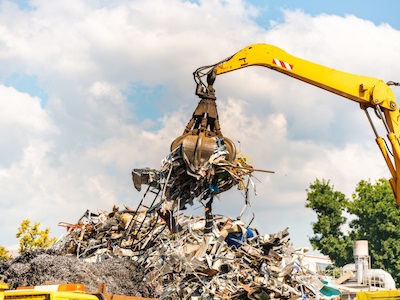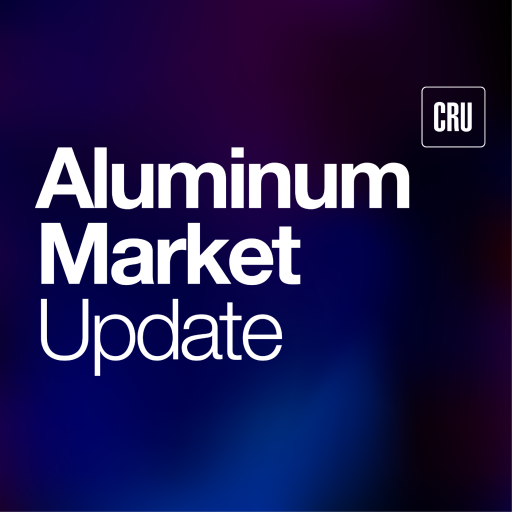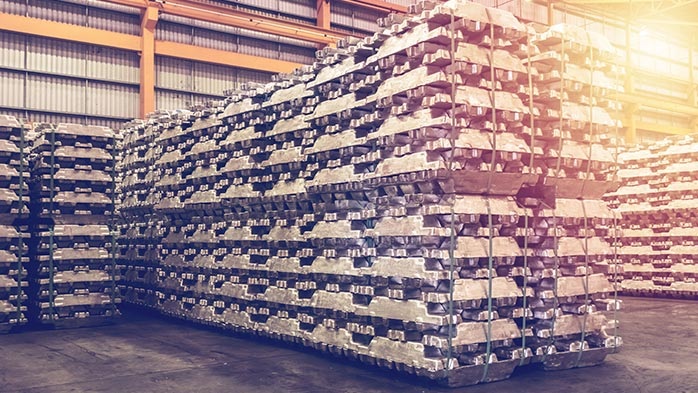Global Trade

June 28, 2025
Why Superior Industries' collapse should matter to the downstream aluminum market
Written by Gabriella Vagnini
Superior Industries is officially off the New York Stock Exchange, and while that might sound like a corporate headline, it carries bigger weight for anyone tied to the aluminum supply chain.
This is not just about a wheel maker losing contracts and its stock tanking. It’s a signal of how quickly things can turn when the upstream and downstream sides of the market aren’t aligned, and when tariff policy, regional sourcing, and alloy supply chains don’t move in sync.
Superior, once a major OEM wheel supplier with a long-standing presence in Michigan, lost a key contract last month. That triggered a 75% collapse in its stock price and sent its market cap below compliance levels. As of this week, it’s now trading over the counter.
But this is more than a one-company problem. What happened with Superior highlights a few things worth paying attention to:
- Regional sourcing decisions are accelerating. Automakers are shifting their purchasing to meet USMCA thresholds and avoid tariff exposure. That means suppliers who rely heavily on imports or have limited U.S. presence could be the next ones squeezed.
- The market for A356.1 alloy is under pressure. Most aluminum wheels are made from this secondary alloy. When a large player like Superior loses volume or potentially exits, someone else has to fill that demand. Depending on who steps in, and where they source their metal, that could shift flows of clean wheel scrap and alter pricing dynamics for foundry-grade alloys.
- OEM shifts affect more than the Tier 1. If a new supplier takes Superior’s place, the whole chain adjusts. Melters, refiners, and even the aftermarket could see ripple effects based on where the new volumes are produced and how much remelt is needed.
Nicholas Bell, the senior editor at Aluminum Market Update, covered some of this last month in his article: What Superior’s lost wheel contract says about regional sourcing, pointing out how few large-scale aluminum wheel producers actually have U.S.- or Mexico-based capacity. CITIC Dicastal, Maxion, and Enkei were among the few mentioned. If one of these fills the gap left by Superior, it may keep the volume steady, but it won’t necessarily keep the alloy or scrap flows local.
Also worth noting, wheel scrap is one of the cleanest, most consistent sources of secondary aluminum. The more that production shifts out of region, the more that clean scrap could get hoarded, exported, or pulled into aftermarket channels rather than going back into OEM-grade remelt.
Bottom line
Superior’s collapse isn’t just about financial losses or stock delisting. It’s about the fragility of certain parts of the supply chain. For downstream players, it’s a reminder that when sourcing strategies change, alloy availability and scrap dynamics can shift fast.







